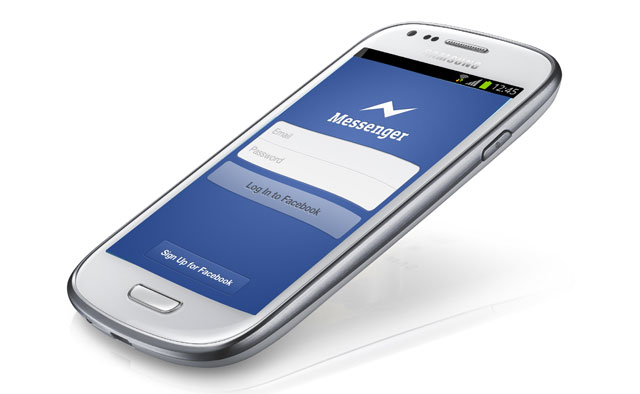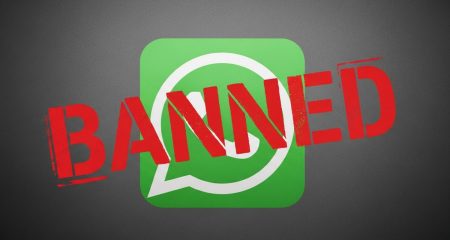
In a move sure to worry BlackBerry maker Research in Motion, Facebook has removed the need to have an account when using its messaging application, Messenger, for Android, BlackBerry and iPhone. The app, which resembles Apple’s iMessage, ties in with users’ Facebook inboxes, allowing them to send instant messages to one another using their phones.
A number of international technology news websites, including TechCrunch, reported on Tuesday that the application has been rolled out to Android users in Australia, India, Indonesia, Venezuela and South Africa first, with other regions set to follow. BlackBerry Messenger is popular in many of these markets.
Users can download the Facebook login-free app in Google’s Play store, with updated software set to arrive in Apple’s App Store and BlackBerry’s App World soon. Users with Facebook accounts can already get the service for any of the aforementioned platforms. It’s also possible to have a link sent to your mobile device by logging into Facebook on the Internet and going to the service’s Messenger page.
Those wishing to use the app on a mobile phone needn’t have a Facebook account and can sign up using only a mobile phone number, as is the case with rival service WhatsApp. There is no doubt the move is intended to extend the appeal of the service, and to encourage those who have previously been reluctant to sign up for a Facebook account to do so.
The app is free and doesn’t display any advertising. Facebook is also planning to launch the service on more basic feature phones, a move that could see it enjoying enormous uptake in emerging markets.
The release of the updated Messenger app comes in the wake of rumours that Facebook is considering buying WhatsApp. With its simple sign-up process, Facebook is clearly looking to take on instant messaging services like WhatsApp and BBM.
Releasing the Messenger application in India, Indonesia and South Africa gives further credence to the notion that the social network wants to challenge BBM given that these are some of the service’s most successful markets.
“The move is definitely a challenge to BBM, particularly when you look at the countries where it’s launched,” says World Wide Worx MD Arthur Goldstuck. He says Facebook is also realising that in many regions, it’s in mobile where it is most likely to see strong growth.
“Facebook has recognised that mobile is its next big growth area, particularly in those countries where mobile networks don’t meet the needs of the population.”
According to market research conducted by World Wide Worx, twice as many South Africans use Facebook as use BBM. This puts Facebook in an excellent position if it can encourage users to move their communications to its Messenger app.
“The Messenger application could encourage those who’ve been reluctant to sign up for Facebook by saying, ‘Why not enjoy the full Facebook experience?’” Goldstuck says. — (c) 2012 NewsCentral Media




